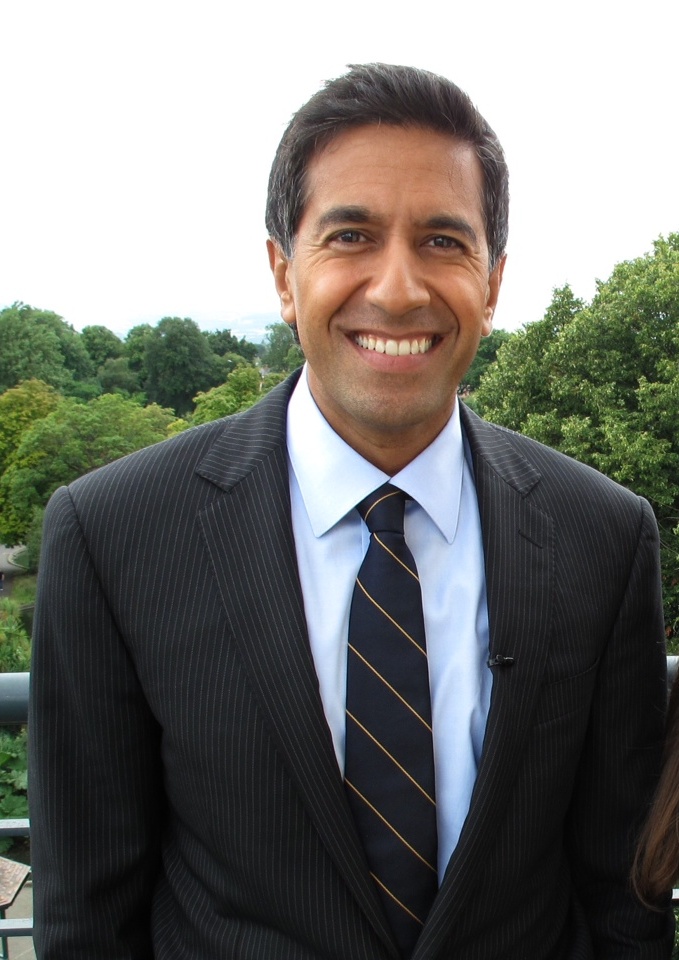Any patients who are critically ill at this point, have either died - and there have been a few that have literally died in the parking deck waiting to be taken out by choppers - or they are still having their bags - air pumped into their lungs by handbag as doctors and hospital officials sat there pushing air into their lungs.

"Sanjay Gupta, MD" is an American neurosurgeon and an assistant professor of neurosurgery at Emory University School of Medicine and associate chief of the neurosurgery service at Grady Memorial Hospital in Atlanta/Atlanta, Georgia.
A media personality on health-related issues, he is best known as CNN's multiple Emmy award winning chief medical correspondent, hosting the network's weekend health program Sanjay Gupta, M.D., and making frequent appearances on their American Morning, Larry King Live and Anderson Cooper 360° programs. His reports from Charity Hospital (New Orleans)/Charity Hospital, New Orleans, Louisiana, in the wake of Hurricane Katrina led to him winning a 2006 Emmy Award for Outstanding Feature Story in a Regularly Scheduled Newscast. Additionally, Gupta publishes a column in Time (magazine)/Time magazine and is a special correspondent for CBS News. His books Chasing Life and Cheating Death were New York Times Best Seller list/New York Times and national bestsellers. His latest book, Monday Mornings, a novel, was released in March 2012 and became an instant New York Times bestseller. It is currently being adapted as a Monday Mornings/television show with David E. Kelley and Gupta serving as executive producers.
More Sanjay Gupta on Wikipedia.Reportedly they have 200 couples.
[Zoom: Dr. Sanjay Gupta was Wally Dallenbach's passenger Sunday as the TNT analyst took his usual high-speed drive to preview NASCAR 's race track. Gupta, a CNN medical reporter, was queasy as Dallenbach topped 130 mph and asked him if he could] name a disease after me. ... I have Wally Dallenbach disease.
It's still kind of crazy.
The wind was just clawing at the window, trying to get in.
He can feel things now that he previously couldn't feel, pins and needles at times and also being able to feel human touch.
It's not the operation itself that is the concern, it's the anesthesia. That's a bigger risk than the operation.
While it sounds pretty small, in terms of overall improvements, there usually is very little recovery that occurs after the first 18 months after a spinal cord injury.
There are some veins that essentially are torn at the time of head injury. Over time, that blood accumulates ... and puts pressure on the brain.
Copyright © 2024 Electric Goat Media. All Rights Reserved.